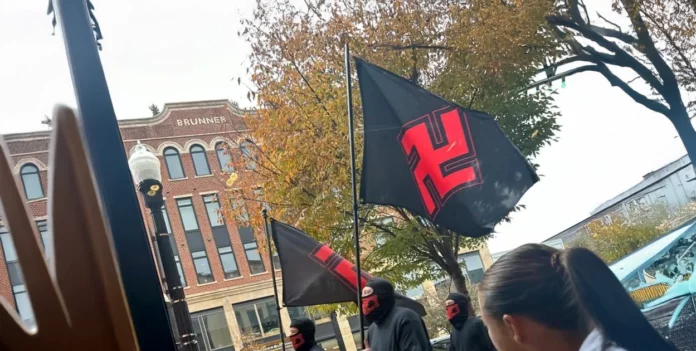Over the past decade, political polarization in the United States has deepened, taking on increasingly radical dimensions. Racial, political, gender and religious prejudices—among others—contribute to a parallel reality where no one truly wins, and everyone stands to lose significantly.
When these prejudices manifest as rejection or xenophobia toward those perceived as threats, the resulting reactions are often so visceral and aggressive that they spark a spiral of violence, harm, and criminal acts. This cycle invariably leads society toward chaos, with the weakest groups bearing the brunt of attacks on their dignity and constitutionally guaranteed rights.
One of the most affected groups is women, who face vulnerabilities in family, social, workplace, and political spheres.
Today, the cycle of domestic violence continues to harm thousands of women physically and sexually, with many also losing their lives. According to the World Population Observatory, in Pennsylvania alone, 4,351 women have been sexually assaulted so far in 2024—34 per 100,000 residents. Meanwhile, the National Sexual Violence Resource Center (NSVRC) reports that one in five women nationwide has experienced rape or attempted rape during her lifetime.
A pressing question arises: will Donald Trump’s recent victory exacerbate this dire situation? His dismissive comments about the seriousness of sexual assault, coupled with statements like, “I’ll take care of them, even if they don’t want me to,” raise legitimate concerns given his history.
Psychotherapist Harriet Fraad recently reflected on the liberation of women from traditional roles as housewives dependent on their husbands. She argues that this shift has left many men grappling with deep insecurity, fueling toxic, possessive, and often aggressive behaviors toward women who were once seen as private property.
With undertones of fanaticism and cult-like behavior, there is a discernible connection between misogyny, xenophobia, and other MAGA-driven phobias. Democratic Representative James Talarico of Texas, a rare dissenting voice among white evangelicals, highlights how Christian nationalism and the religious right played a pivotal role in Trump’s election. He criticizes the portrayal of Trump as divinely ordained, likening it to “Talibanizing” Christianity—weaponizing faith for political gain, delegitimizing opponents, and cloaking Trump in an unearned messianic mandate. Talarico warns of the potential for fascism in such a government.
Among Trump’s supporters are ordinary citizens driven by misinformation, but also numerous extremist groups with supremacist leanings. Emboldened by the victory of someone they feel represents them, these groups have marched under swastika-emblazoned flags, as seen recently in Ohio, Michigan and suburban Philadelphia.
Adding to this toxic environment are phone messages targeting racialized minorities and the widespread threats of sexual violence against students on social media—both of which have reached alarming levels.
This escalating situation demands coordinated, decisive responses to curb violence and protect victims.
The disturbing scenario should inspire those who truly love this country—especially Christians—to rise above and combat these violent outbreaks and hateful messages. Efforts must focus on rebuilding the social fabric of a nation that, through clouded judgment or corrupted principles, has elected Trump—a man found guilty of sexual abuse among other crimes. This outcome has left the world stunned and deeply concerned.







